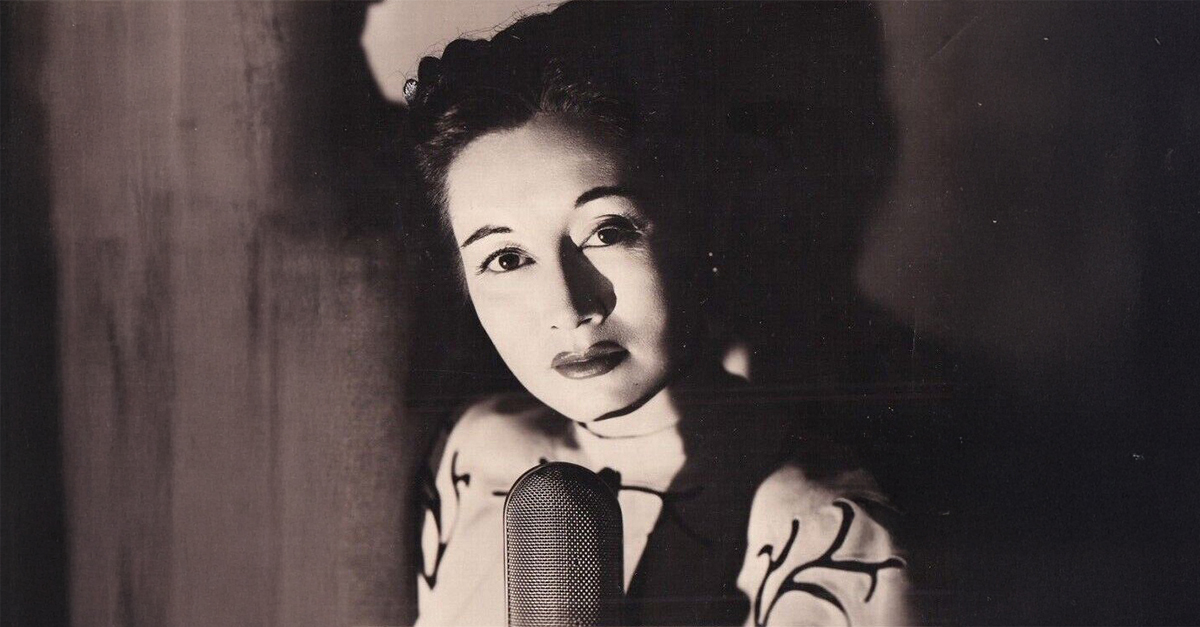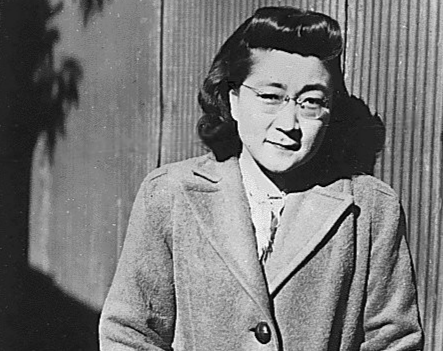US troops in the Pacific in WWII often tuned their radios to enemy broadcasts, hearing a mysterious, sultry voice known as Tokyo Rose. She taunted US soldiers, questioned their cause, and played popular American songs to remind them of home. Tokyo Rose became synonymous with Japanese propaganda, but the real story behind the voice is far more complex.
Who Was Tokyo Rose?
The name Tokyo Rose was actually a collective term used by US troops to describe a group of English-speaking female radio broadcasters employed by the Japanese army. These women read scripted messages designed to demoralize the Americans. But the most famous voice behind the Tokyo Rose legend was Iva Toguri D'Aquino, an American-born Japanese woman who found herself trapped in Japan when war broke out.
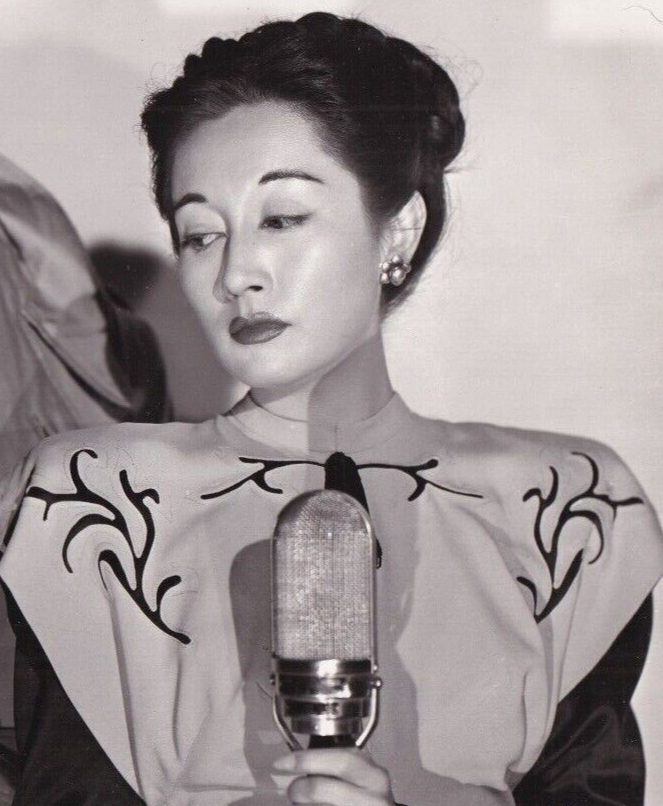 Paramount Pictures Inc., Wikimedia Commons
Paramount Pictures Inc., Wikimedia Commons
A Stranded American In Tokyo
Iva Toguri was born in Los Angeles in 1916 to Japanese immigrant parents. In 1941, she traveled to Japan to visit an ailing aunt and was stranded there after the attack on Pearl Harbor. Refusing to renounce her US citizenship, she found herself a stateless person in a hostile country, cut off from her American family and unable to leave.
Forced Into Propaganda Broadcasting
To survive, Toguri worked as a typist for Radio Tokyo. She was later recruited to work on the propaganda program “Zero Hour”, targeting Allied troops in the Pacific. Despite her American roots, Toguri was coerced into doing these broadcasts. She later claimed to have deliberately undermined the scripts she read, injecting humor and sarcasm to subtly subvert Japanese propaganda plans.
How US Troops Remembered Tokyo Rose
Many US servicemen who heard the broadcasts remember them as entertaining and harmless. They ignored the propaganda while enjoying the popular swing and jazz music the broadcasts included. For some, the sultry, confident female voice on the airwaves became a strangely comforting reminder of home amid the chaos of war. But the name Tokyo Rose took on a darker connotation as the war progressed.
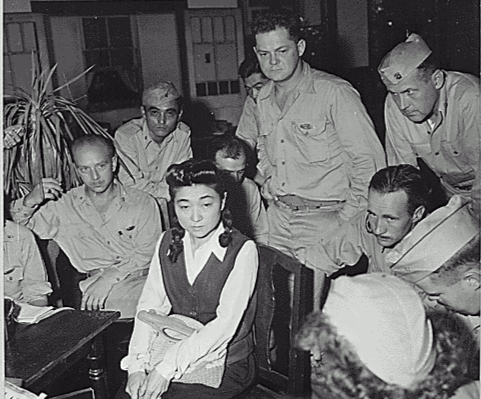 pingnews.com, Wikimedia Commons
pingnews.com, Wikimedia Commons
The Post-War Witch Hunt
After Japan’s surrender, Toguri sought to return to the United States, but her path was blocked by a wave of anti-Japanese sentiment. American journalists tracked her down, and her identity as “Tokyo Rose” became a national scandal. Despite the lack of clear evidence that she had intentionally committed treason, Toguri was arrested in 1945 and detained for nearly a year.
A Controversial Treason Trial
In 1949 Toguri was tried for treason in the United States—the only American woman ever convicted of this crime. The trial was marred by questionable testimony, coerced witnesses, and intense media pressure. Despite the flimsy nature of the evidence, she was convicted on one count of treason and sentenced to 10 years in prison and a $10,000 fine. She served over six years before being paroled in 1956.
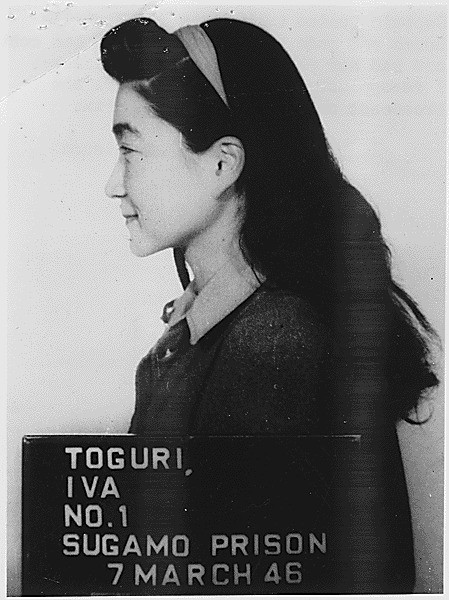 David Shapinsky from Washington, D.C., United States, Wikimedia Commons
David Shapinsky from Washington, D.C., United States, Wikimedia Commons
Public Sympathy And Presidential Pardon
Over time, public opinion shifted in Toguri’s favor. Investigative journalists uncovered evidence that key witnesses had lied under pressure from US prosecutors, and veterans who’d listened to her broadcasts testified that they’d never found her words demoralizing. In 1977 President Ford granted her a full presidential pardon, formally clearing her name.
A Quiet, Humble Life After Prison
After her release, Toguri returned to private life, running a small grocery store in Chicago with her husband. Despite her ordeal, she remained proud of her American citizenship and largely avoided the spotlight. She died in 2006 at the age of 90, having outlived her infamy and become a symbol of wartime injustice.
A Name That Refused To Be Forgotten
The name Tokyo Rose is still symbolic of wartime propaganda, but the real Iva Toguri’s story is one of loyalty, perseverance, and resilience in the face of national paranoia. Her wrongful conviction stands as warning of the dangers of war hysteria, scapegoating, and the power of myth over fact.
You May Also Like:

